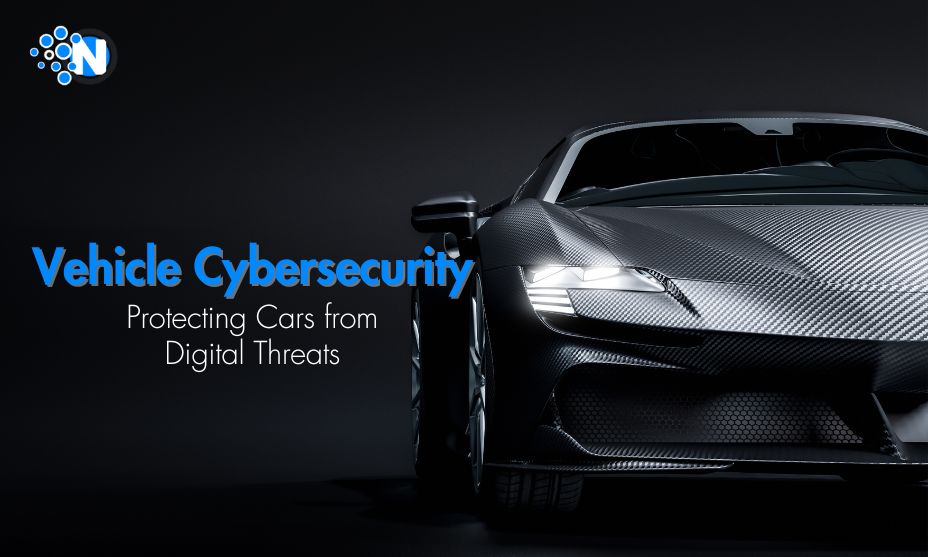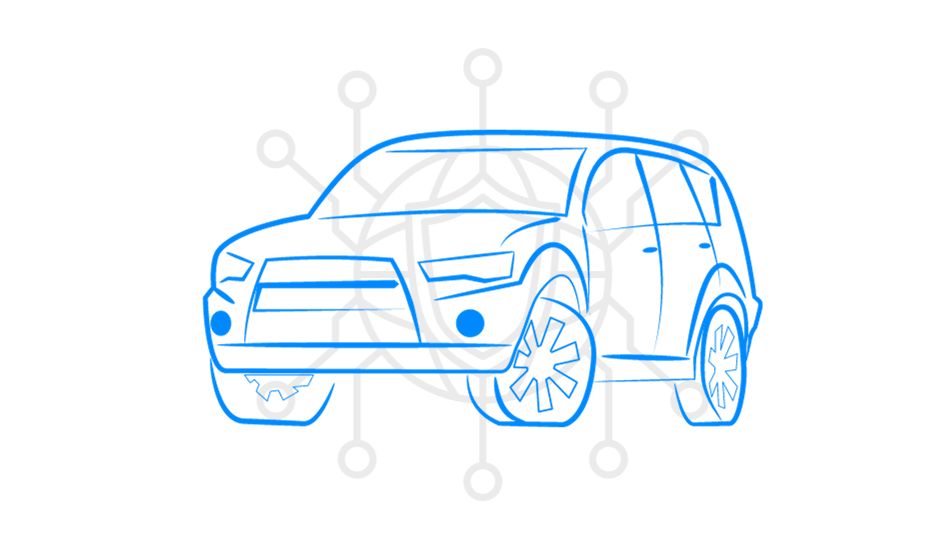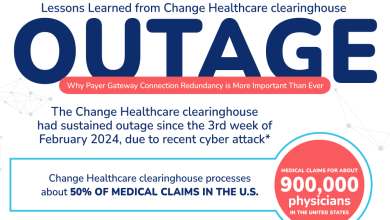Vehicle Cybersecurity: Protecting Cars from Digital Threats

The modern car is no longer just a means of transportation; it’s a highly integrated system of computers, sensors, and connectivity. With vehicles becoming more digitally advanced, the need to ensure their security has never been more critical. This is because, like any connected device, cars are susceptible to cyber threats. The risks range from unauthorized access and theft of personal data to taking control of vehicle functions. Fortunately, manufacturers and tech companies are on the front lines, working tirelessly to create robust security measures.
Check the SCA platform to get an insightful look into how modern vehicles intertwine technology and functionality. Yet, with these advancements, come potential vulnerabilities. Here, we dive deep into the world of vehicle cybersecurity and the measures being taken to protect cars from digital threats.
Digital Threats Faced by Modern Vehicles
- Remote Hacking: With cars now connected to the internet, there’s a risk of remote hacking. Malevolent actors can exploit vulnerabilities in the vehicle’s software to gain unauthorized access.
Such unauthorized access may have far-reaching effects, such as altering vital auto functions like braking or acceleration or obtaining private user information kept in the infotainment system of the vehicle. The risks are great since these breaches not only put physical safety at risk but also threaten personal security. To combat this, automakers are putting a lot of money into cybersecurity research and working with industry leaders to create cutting-edge defense systems, making sure that the future of mobility is both innovative and secure.
- Infotainment System Breaches: The infotainment systems often connect to a user’s smartphone and can store personal data. A breach can lead to loss of privacy or even identity theft.
Additionally, the distinction between entertainment and vital vehicle functions is becoming less clear as these systems grow more integrated with other key automotive features. A successful assault might provide unauthorized users access to synchronized programs like email or calendars as well as personal playlists and contact lists, navigation records, and payment information from in-car purchases. The interconnectedness of these systems poses a complex problem, forcing manufacturers to give top priority to thorough cybersecurity measures that safeguard user information as well as the seamless operation of the vehicle’s integrated systems.
- Software Flaws: Like any software system, the one running in vehicles can have flaws that can be exploited, causing malfunctions or providing an entry point for hackers.
It is crucial to fix these faults since they could result in dangerous situations like unexpected car behavior or complete system failure. To ensure that these vulnerabilities are found and quickly fixed during the development process, routine diagnostics, software patching, and thorough testing are crucial. More than ever, the automobile sector is working with cybersecurity professionals to implement cutting-edge approaches, such as threat modeling and penetration testing, to simulate prospective assaults and preventatively safeguard vehicle software against changing digital threats. It is important to make sure that as cars become smarter and more connected, they also become more resistant to potential cyber breaches.
Protective Measures Being Adopted
- Layered Security Approach: Car manufacturers are using a multi-layered approach, with firewalls, intrusion detection systems, and data encryption to protect against threats.
- Regular Software Updates: Keeping the vehicle’s software up-to-date is essential. These updates often include patches for known vulnerabilities, ensuring the car remains secure against evolving threats.
- Secure Communication Protocols: Cars now use secure communication protocols, ensuring data transmission between the vehicle and external devices or networks is encrypted and safe.

The importance of teamwork is growing as the automotive industry dives more into the digital world. Many manufacturers are working with cybersecurity companies, utilizing their knowledge to find, fix, and prevent vulnerabilities. Vehicles produced as a result of this cooperation are not only technologically cutting-edge but have also undergone thorough testing against a variety of potential cyber threats. The knowledge that automotive engineers and cyber experts share enables a thorough understanding of potential hazards and effective defenses against them.
Furthermore, proactive monitoring has become more of an emphasis. Potential threats can be discovered and neutralized even before they become active difficulties by using real-time threat intelligence and analytics. With the use of cutting-edge machine learning and artificial intelligence capabilities, this predictive approach enables the car’s systems to continuously learn, adjust, and strengthen their defenses. As a result, our vehicles’ safety features advance in complexity along with cyber threats, delivering a safer online experience for everyone.
What Can Car Buyers Do?
- Stay Informed: Before purchasing, understand the tech features of the car and their associated risks. Research the manufacturer’s cybersecurity practices and check for any reported vulnerabilities.
- Regular Maintenance: Just as one would for mechanical issues, schedule regular check-ups for the car’s software, ensuring it’s updated to the latest version.
- Limit Connectivity: If not using certain connected features, consider disabling them. The fewer entry points, the lesser the risk.
Customers can also play a proactive role by participating in online forums and communities devoted to automobile technology and security. These portals frequently include real-time updates, user testimonials, and professional assessments of various models’ security sturdiness. Gaining knowledge enables one to make informed judgments at the time of purchase and assures continued vigilance throughout the duration of the vehicle’s life. Maintaining open lines of contact with the manufacturer or dealership is also advantageous because they can provide advice on cybersecurity-related best practices, updates, or recalls. Ultimately, a strong protection against potential cyber threats is built via the combined efforts of manufacturers and knowledgeable consumers.
The Road Ahead
The blend of automobiles with cutting-edge technology is fascinating and full of promise. Features such as autonomous driving, advanced AI integrations, and personalized driving experiences are no longer just concepts but a reality. However, this digital evolution also requires us to be vigilant and proactive in addressing potential threats.
Manufacturers, software providers, and cybersecurity experts are continuously collaborating to fortify the digital walls of our beloved vehicles. As consumers, our role is to stay informed, practice good digital hygiene, and push for stringent cybersecurity measures in the cars we buy.
Vehicle cybersecurity is a shining example of the concept that, in the vast fabric of technological development, “great power comes with great responsibility.” Let’s make sure we are driving into the tech-powered future with safety at the wheel.




